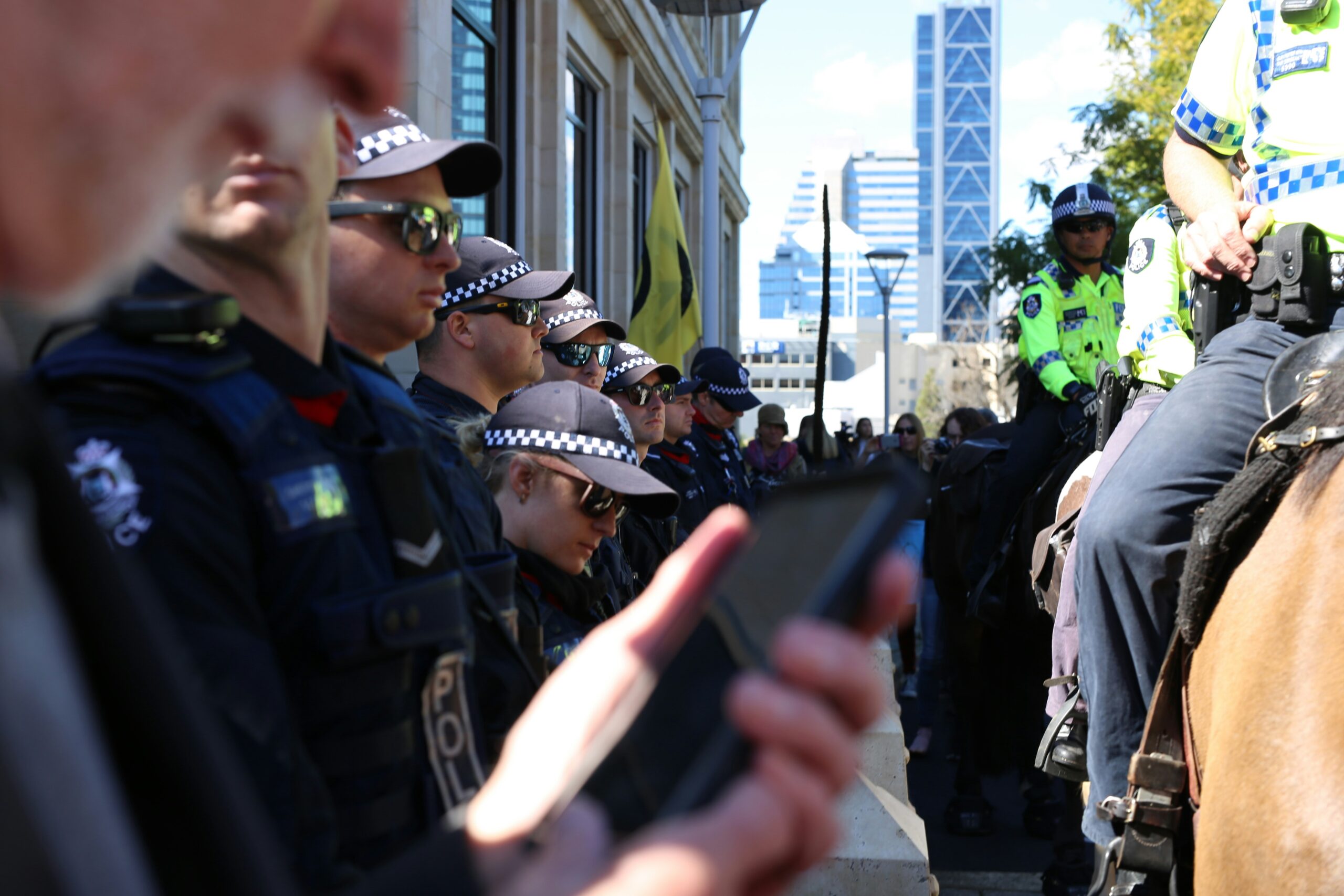
Police departments play a vital role in ensuring public safety and enforcing laws, yet instances of corruption and civil rights violations continue to damage community trust. Addressing these challenges requires accountability and a shift in culture, policy, and leadership. By focusing on prevention, transparency, and proper training, departments can restore credibility and protect the rights of every individual.
Although no single solution fits every jurisdiction, a proactive approach makes a measurable difference. Departments that invest in ethical leadership, apparent oversight, and ongoing community dialogue often experience fewer incidents of misconduct. Reducing corruption and civil rights abuses is a continuous process that can reshape law enforcement’s future.
Promoting Accountability Through Internal Oversight
To reduce corruption, police departments must create and enforce strong internal oversight mechanisms. When officers know they are subject to routine reviews and meaningful consequences for misconduct, the temptation to abuse authority diminishes. Internal affairs units must operate independently from patrol divisions and receive sufficient resources to investigate complaints effectively.
Moreover, departments should maintain transparent disciplinary processes. Too often, misconduct cases are buried or quietly dismissed. When investigations are shielded from public view, communities lose confidence in the system. Publishing annual misconduct statistics and summaries of internal investigations can help foster transparency and deter wrongdoing.
Strengthening Leadership and Ethical Culture
Leadership has a profound influence on departmental integrity. Command staff must set expectations for ethical behavior and model them in every interaction. When leaders demonstrate fairness, respect, and adherence to protocol, they reinforce those values throughout the ranks. Departments with consistent ethical leadership tend to see less corruption and abuse.
Additionally, fostering a culture of peer accountability helps reinforce these standards. Officers should feel empowered to report misconduct without fear of retaliation. Whistleblower protections and confidential reporting systems encourage individuals to come forward, creating an environment where corruption cannot thrive unnoticed.
Investing in Comprehensive Training Programs
Proper training lays the foundation for responsible policing. Departments must go beyond basic legal instruction and emphasize de-escalation, bias awareness, and cultural competency. These training modules should be recurring, not one-time sessions. When officers understand how their actions affect public perception and community trust, they are more likely to act carefully.
Furthermore, scenario-based training can prepare officers for complex real-life situations. For example, simulating interactions involving individuals with mental health challenges helps officers respond more appropriately. Through regular and realistic exercises, departments can build stronger, more respectful relationships between law enforcement and the communities they serve.
Establishing Civilian Oversight and Transparency
Civilian oversight can offer a critical layer of accountability. Independent review boards, composed of community members, can evaluate use-of-force cases, citizen complaints, and departmental policies. This oversight provides transparency and ensures decisions aren’t made solely within police ranks. Departments become more responsive to public concerns when civilians sit at the table.
Equally important, police departments should make data more accessible. Publishing statistics on stops, searches, arrests, and complaints—disaggregated by race, age, and gender—helps identify patterns of bias or misconduct. Transparency builds trust, especially with a willingness to correct systemic issues.
Implementing Body Cameras and Digital Evidence Management
When used correctly, technology can support accountability. Body-worn cameras offer an objective record of police encounters, which can clarify disputes and deter misconduct. However, simply issuing cameras is not enough. Departments must enforce clear policies on when cameras must be activated and how footage is reviewed and stored.
In addition, footage should be available for independent investigation when needed. Having external parties, such as oversight boards or prosecutors, access body camera footage helps ensure that cases are handled fairly. With the right systems, body cameras can serve officers and civilians by protecting their rights and recording the truth.
Encouraging Community Engagement and Dialogue
Community engagement is key to reducing tension and mistrust. When officers regularly interact with residents outside of enforcement situations, relationships improve. Programs such as neighborhood patrols, youth mentorships, and public forums allow departments to understand the unique needs of their communities.
At the same time, open dialogue provides a space for addressing concerns before they escalate. Hosting listening sessions or town hall meetings can give residents a voice while allowing police to explain their policies and procedures. Collaboration becomes possible when communities and departments communicate openly—and accountability improves.
Revising Use-of-Force Policies and Legal Protections
Police departments must also revisit their use-of-force policies to reflect the highest standards of necessity and proportionality. Clear guidelines help prevent excessive or discriminatory force, while well-defined consequences ensure accountability. These policies should also be subject to public review and aligned with constitutional standards.
Legal doctrines like qualified immunity often shield officers from accountability, even in clear cases of rights violations. While reforming these protections may lie outside a department’s control, supporting changes in policy or law that encourage greater responsibility signals a commitment to justice. Aligning legal frameworks with ethical policing helps restore public confidence in the system.
Reducing corruption and civil rights violations in policing is both necessary and achievable. Through strong leadership, transparency, community engagement, and comprehensive reform, police departments can take meaningful steps toward fairness and integrity. These actions protect the public and enhance the professionalism and credibility of the officers who serve. By committing to long-term change, law enforcement can rebuild trust and create a safer, more just society for all.